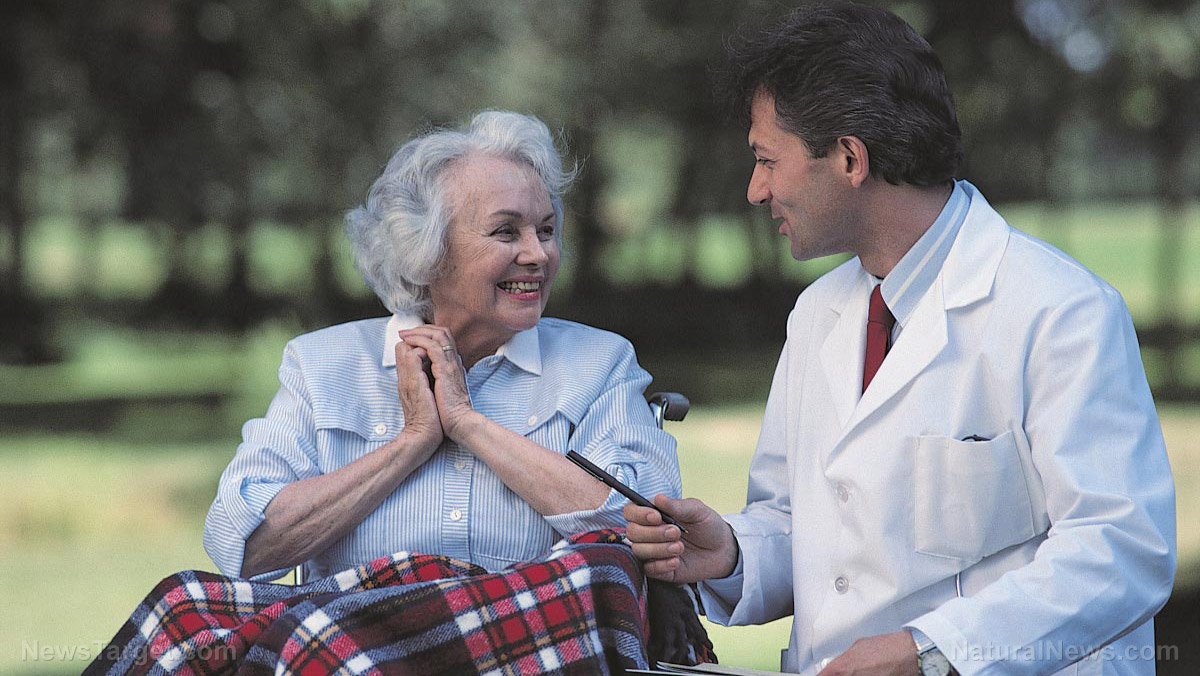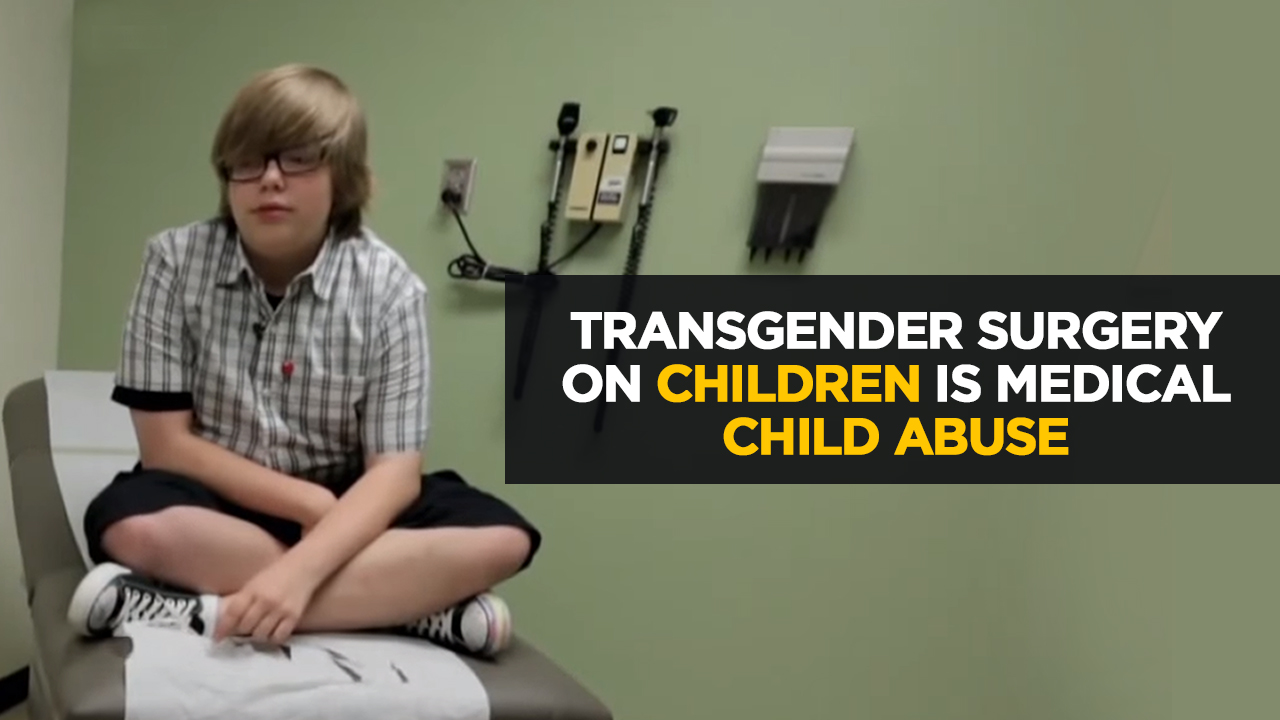Focus on the good memories: Can “happiness” exercises help enhance the mood of individuals recovering from substance abuse?
04/11/2019 / By Evangelyn Rodriguez

Everyone can agree that good memories evoke happy feelings. For some, simply reminiscing on childhood memories is enough to give them pleasure, while for others, finding happiness is like trying to find a needle in a haystack. And often, these people are the ones who turn to using substances which they eventually abuse. But there are some who resist the temptation, or get tired of surrendering to it, and seek professional help instead. To help them in their pursuit of happiness, a different kind of psychology that uses happiness exercises was developed.
While traditionally, psychology focuses mainly on dealing with abnormalities in mind or behavior, positive psychology puts more emphasis on the brighter side of things. Positive psychology examines the things that give life more meaning and what enables a person or a group of individuals to thrive. To put it simply, it aims to help people be happy. And happiness exercises, which can be varied depending on the needs or preferences of the people using them, are good tools to help them achieve that. By engaging people to think about or focus only on positive things – for instance, things to be grateful for or experiences that gave them joy in the past – happiness exercises help them feel much better about themselves. And who could benefit more from them than people with substance use disorder (SUD)? (Related: Positive Psychology: Be Thankful and Smile It Is Good For Your Heart!)
How positive psychology can help those in recovery
In a bid to prove the effect of positive psychology on the recovery of people with SUD, researchers from the Massachusetts General Hospital recruited 531 adults who described themselves as either seeking recovery or in the process of recovery from substance abuse. The participants were asked to do short, text-entry-based exercises and were asked to rate their happiness before and after completing each exercise. Among them, the exercise called “Reliving Happy Moments” had the highest positive response from the participants, followed by “Savoring” and “Rose, Thorn, Bud.” Only the exercise “3 Hard Things” yielded poor results.
In the first exercise, the participants were asked to choose a picture of themselves during a happy moment and to describe the event in writing. The researchers reported that participants gave themselves the highest happiness ratings before and after doing this exercise. They also reported similarly high happiness ratings before and after doing “Savoring,” where the participants were asked to describe two positive experiences they had the day before doing the exercise.
In “Rose, Thorn, Bud,” the participants were asked to list a highlight and a challenge they had encountered the previous day, as well as something that they anticipated would give them pleasure the following day. This exercise resulted in the third highest pre- and post-exercise happiness ratings in the study. On the other hand, doing an exercise where participants were asked to describe challenges that they faced the previous day led to a significant decrease in their happiness.
These results suggest that using positive psychology, particularly happiness exercises, can be useful in enhancing the mood of people suffering from or being treated for substance abuse. Most notably, exercises that trigger good memories seem to improve their moods considerably. Based on this observation, the researchers believe that making people remember positive experiences can help them overcome the challenges of recovery so that they can successfully recover from SUD.
To learn more about keeping your mind happy and healthy, visit Mind.news.
Sources include:
Tagged Under: addiction, alternative medicine, happiness, happiness exercises, memories, mental health, Mind, mind body science, natural healing, positive experiences, positive psychology, recovery, substance abuse



















